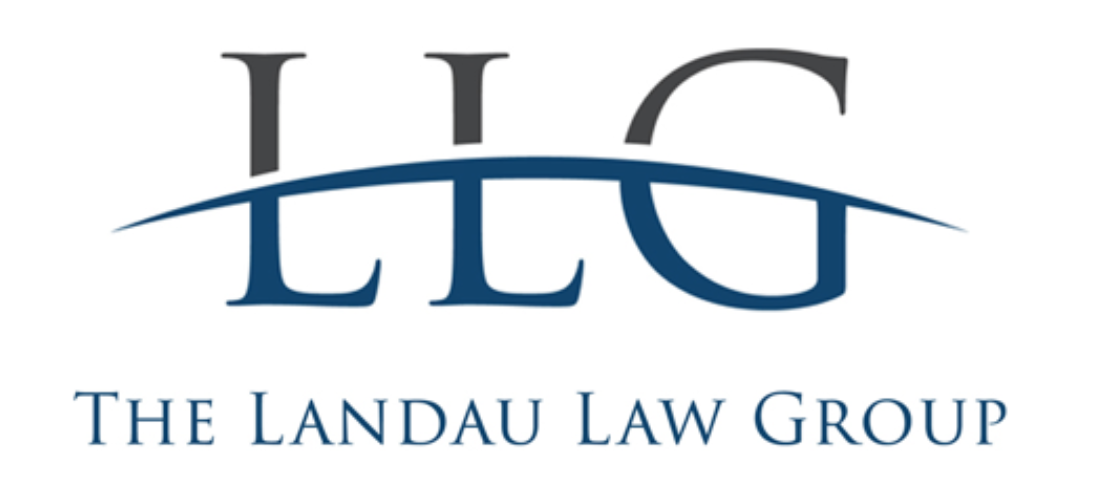There are many types of insurance coverage that a business may need, including property damage coverage.
Understanding what this coverage is and how to gauge the amount of coverage you need will give you the best protection.
What Is Property Damage Coverage?
Insurance coverage for property damage protects business owners from a variety of events that could impact their business. Fires, natural disasters, burglaries, and vandalism are just a few of the issues that could affect a business.
When you have the right policy for property damage in place, damages from these events can be covered.
How Much Commercial Property Damage Coverage Do I Need?
Coverage for property damage will need to cover the following:
- The physical building
- Contents of the building – equipment and furniture
- Contents of the building – supplies and end product or retail items
- Coverage for signage
- Income loss due to business being closed for repairs
To ensure that you have the right amount of coverage for these items, you will need to have an accurate account of the value of all these items in your business.
If you do not have enough coverage on your property and an event occurs that causes damage, you could be facing serious financial hardships while trying to make repairs.
Understanding Property Damage Liability Coverage
There are two things that are crucial to understanding liability coverage for your business.
First, these policies may require additional “riders” or add-on insurance for you to get the most coverage.
Second, there is a difference between replacement value or replacement/repair policies.
Insurance Riders
Some states have the potential for natural disasters because of their locations. Southeastern states like Florida are subject to hurricanes and tropical storms, the southwest is prone to earthquakes, and the north has blizzards. In these states, damages to your business from any natural disasters may not be covered unless you have an additional policy for this type of event attached to your liability policy.
Many states will not include flood protection with any liability policy unless the flood insurance is purchased separately. There are also riders available for losses incurred from digital disasters, such as having your system hacked. Your insurance company can provide you with all of the available riders in your area.
Replacement Value or Replacement or Repair Policies
Insurance companies often try to blend these two types of policies together as one. However, they are not the same. A replacement value policy means that the policy covers the value to replace an item at its current replacement value, even if that is considerably higher than the original cost. A replacement or repair policy means that they will pay to repair or replace a broken item up to the current value of that specific site.
How are these two different? For example, if you have a five-year-old photocopier with a million prints registered on it that shorts out during a lightning storm. A replacement or repair policy would only give you the value of the machine based on its age and use, not the current replacement value. This can make a large difference in getting your business operating again after a disaster.
Commercial Insurance Policies Are Designed To Be Confusing
Insurance policies are designed to be confusing, or at least that is how it seems. To make sure that you have the right coverage for your business, we recommend having an insurance attorney take a look at your policy. They can review the policy and the types of coverage to ensure that you have the proper protection.
If you currently have insurance coverage and need to make a claim, you also would benefit from having an insurance attorney at your side. This is the best way to make sure that you receive all of the benefits of your policy. For a free case consultation with a property damage attorney at Landau Law, contact us today!
Florida Property Damage Lawyers
Property Damage Blog Posts
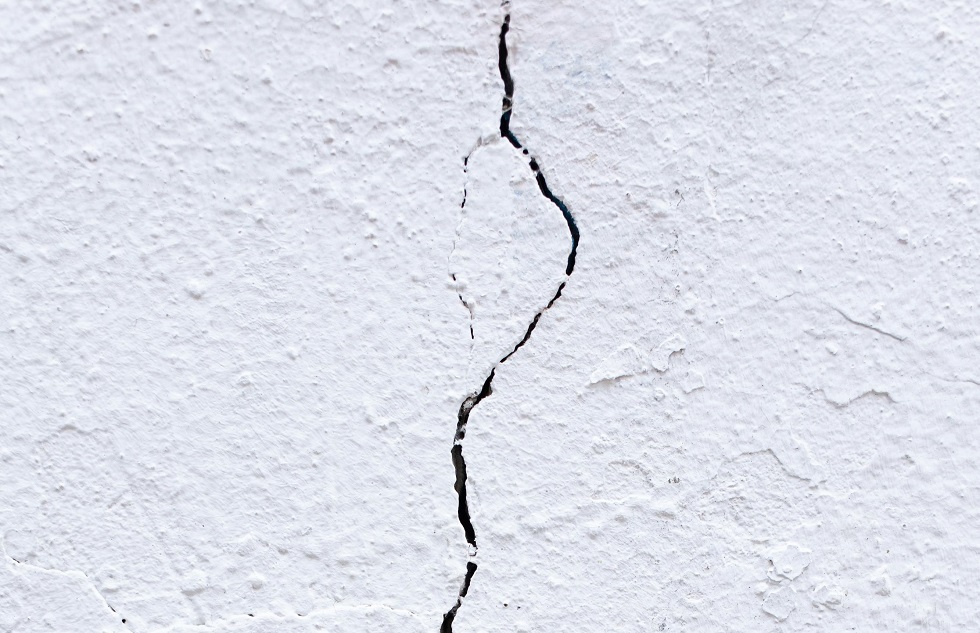
How Do Home Insurance Companies Determine Pre-existing Damage?
Home insurance companies employ various methods to assess pre-existing damage when evaluating property damage claims. This process is crucial for insurers to determine the validity and extent of coverage for property damage. Insurance adjusters conduct thorough visual...
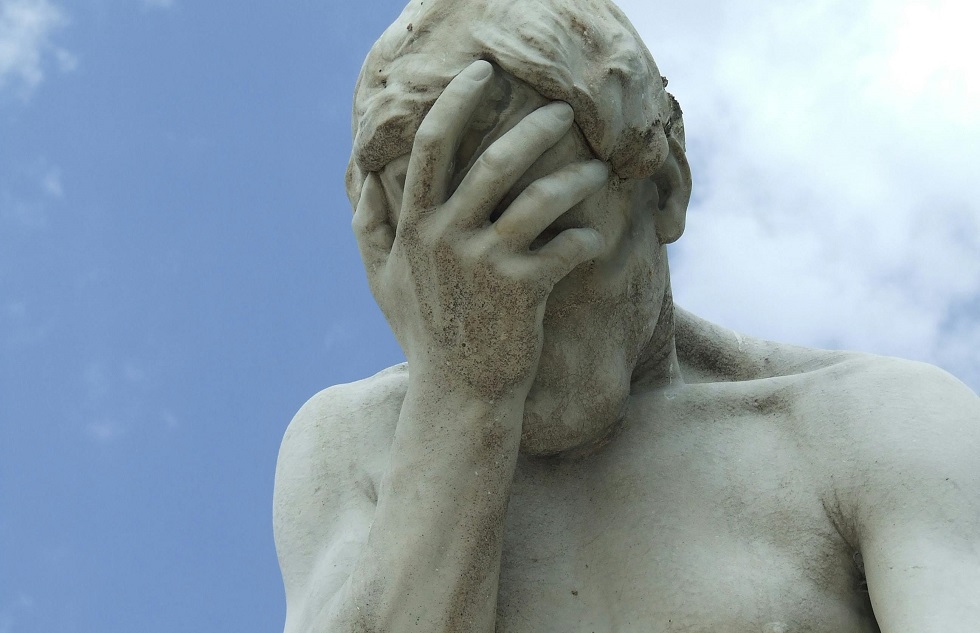
Signs Your Insurance Adjuster Estimate Is Too Low
Insurance claims can be complex, and receiving an adjuster's estimate that seems too low is a common frustration for policyholders. Recognizing the signs of an undervalued estimate is crucial to ensure fair compensation for property damage or losses. Key indicators of...
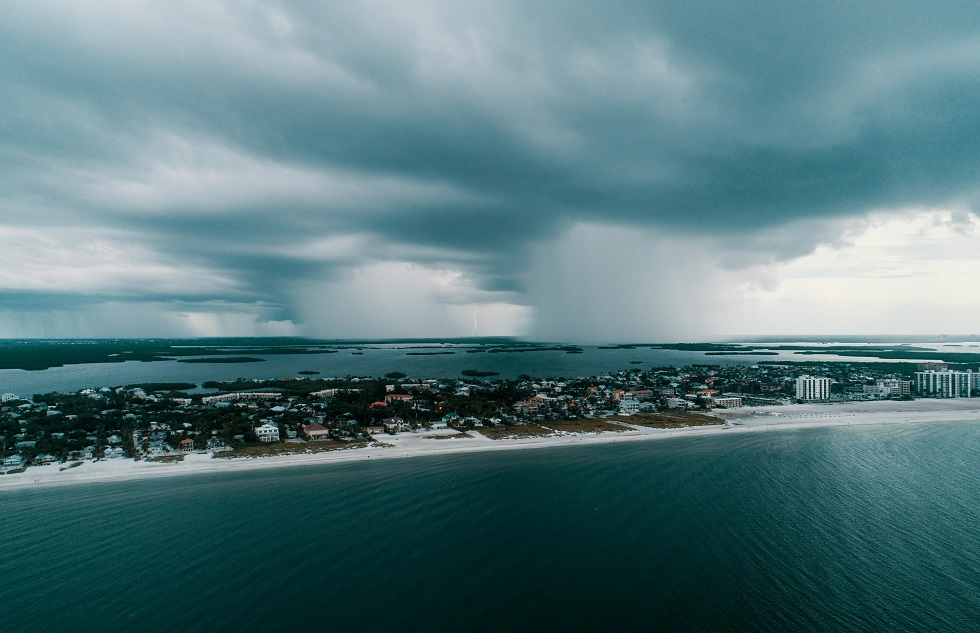
Why Does Florida Have So Many Hurricanes?
Florida is renowned for its beautiful beaches, vibrant culture, and, unfortunately, its frequent encounters with hurricanes. The state's unique geographical location and climate conditions make it particularly vulnerable to these powerful storms. Florida's position on...
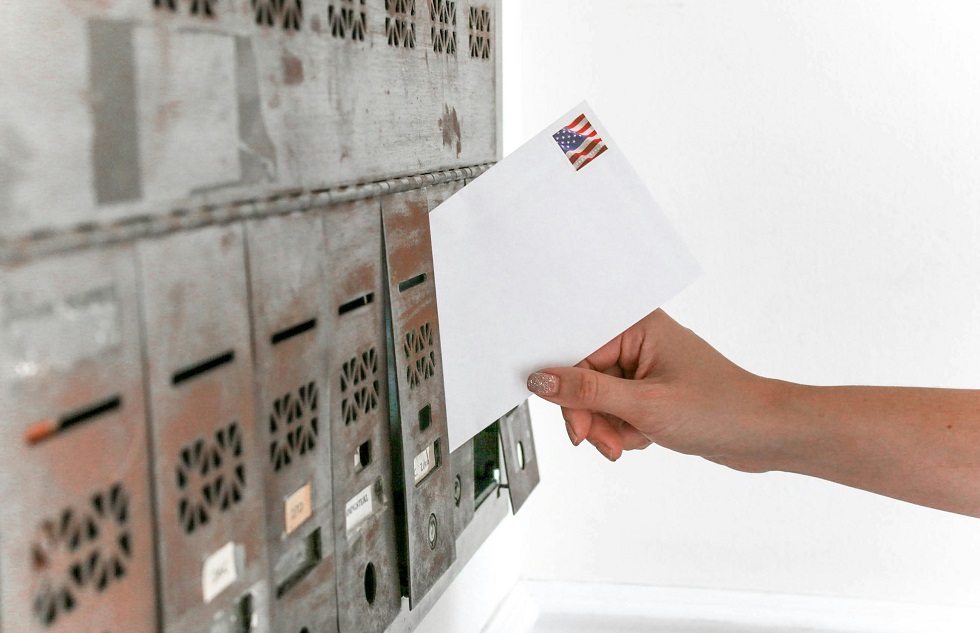
What To Do If You’re Denied Hurricane Damage Claim For Home
Hurricane damage can be devastating for Florida homeowners, leaving them in a state of distress and financial uncertainty. When insurance claims for such damage are denied, it adds another layer of stress to an already difficult situation. Facing a denied claim...
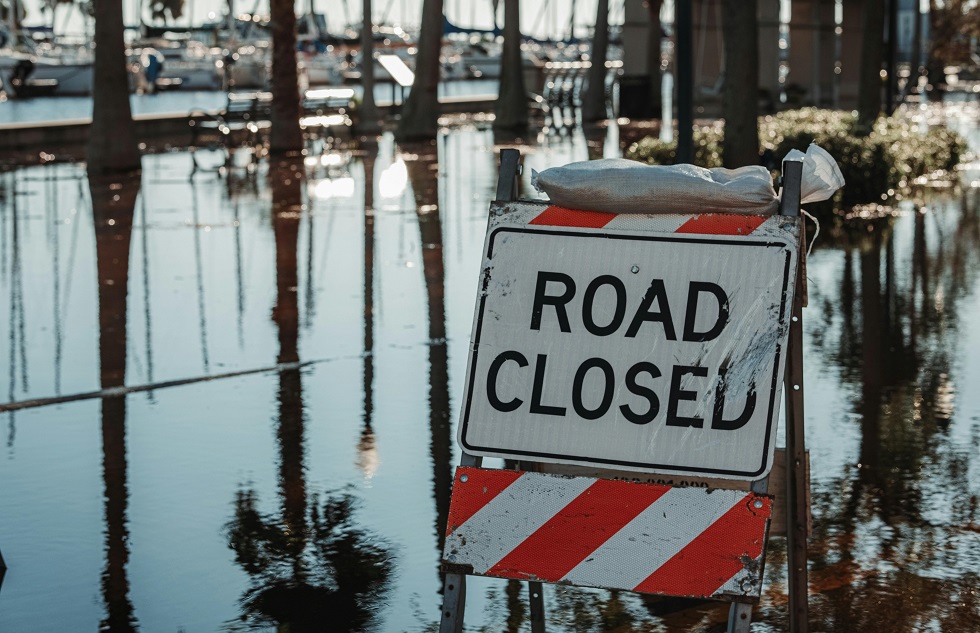
Guide To Documenting Damages For A Florida Flood Claim
Proper documentation of flood damage is crucial for a successful insurance claim in Florida. When floodwaters recede, homeowners face the daunting task of assessing and recording the extent of their losses. Thorough documentation, including photos, videos, and...

What To Do If You Disagree With A Home Insurance Adjuster
Dealing with a home insurance claim can be stressful, especially when you disagree with the adjuster's assessment. Many homeowners find themselves in this frustrating situation after experiencing property damage or loss. If you disagree with the insurance adjuster's...
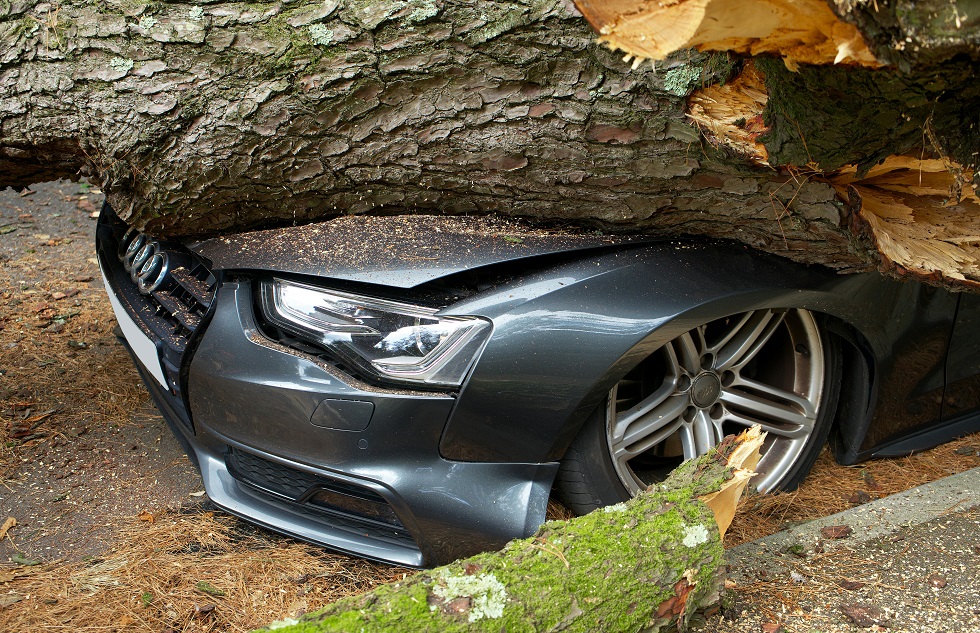
How To Sue Your Neighbor for Property Damage in Florida
Property damage disputes between neighbors can quickly escalate, turning once-friendly relationships sour. If you're facing significant property damage caused by a neighbor in Florida, legal action may be necessary to protect your interests and recover damages. In...

Common Reasons Your Florida Hurricane Damage Insurance Claim May Be Denied
Florida homeowners face a daunting challenge when their hurricane damage insurance claims are denied. Understanding the common reasons for these denials can help you navigate the claims process more effectively. Insurance companies may deny claims due to inadequate...



